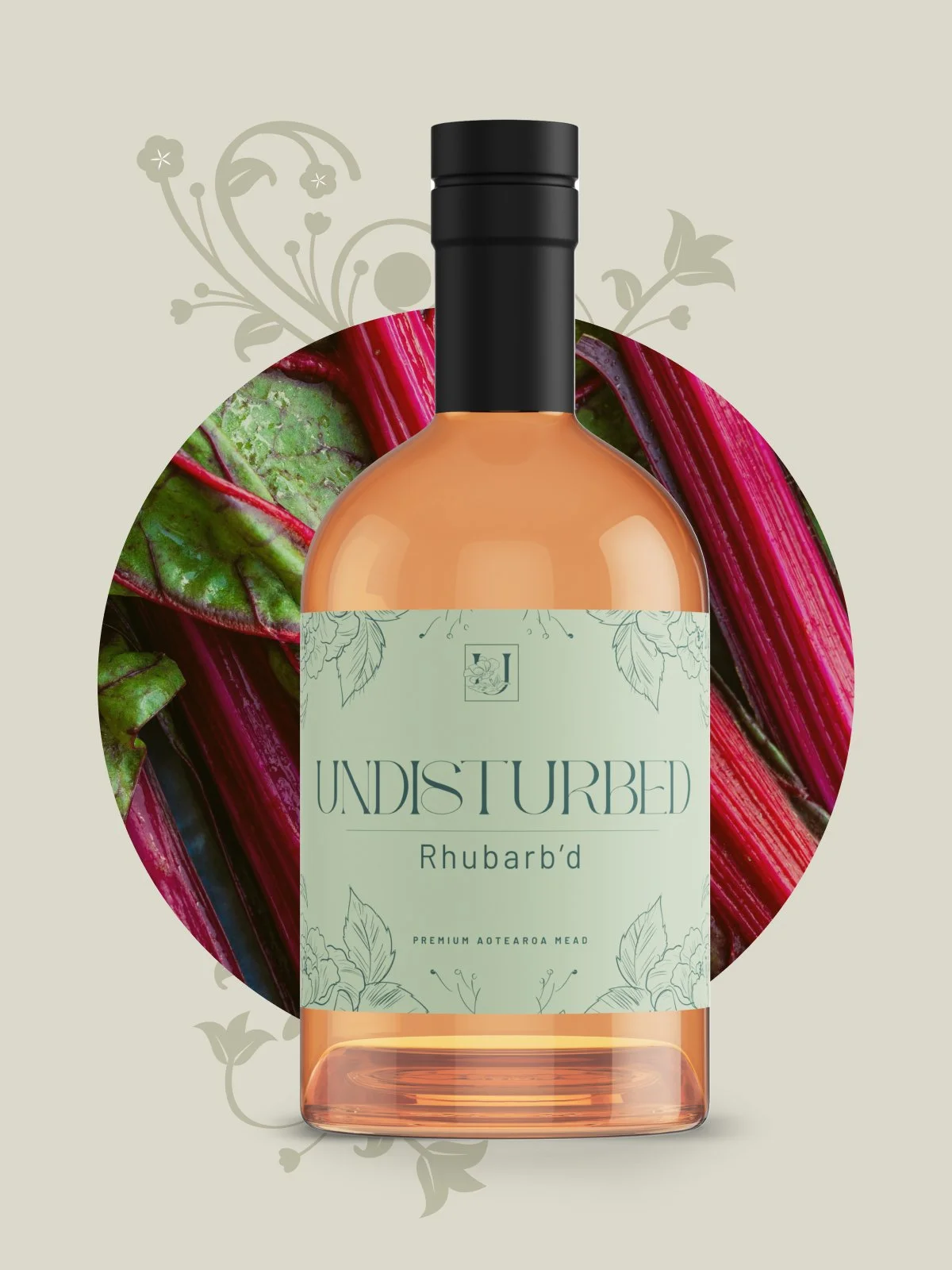Mead vs Beer: Uric Acid Risk & what it Means for Gout
Mead and Uric Acid: What You Need to Know
Many people with a history of gout or high uric acid spend years experimenting to find which drinks work for them. So it makes sense for us to answer the following question: does mead contribute as much to uric acid levels as other alcohols?
The short answer is no. While all alcohol can influence uric acid metabolism, mead is naturally low in purines, the compounds that convert into uric acid inside the body.
This isn’t medical advice — just an explanation of how different alcohol types are made, and why that affects purine levels.
Why Purines Matter
Purines are natural compounds found in many foods and drinks. When broken down, they create uric acid. If levels rise too high, some people may experience gout flare-ups. Mine were in my right big toe and they were horrible!
Different alcohols vary in purine content because of their source ingredients.
Beer: high in purines from grains and brewer’s yeast.
RTDs: vary, but often built from fermented cane sugar then sweetened.
Wine: low in purines because grapes are low-purine.
Spirits: nearly purine-free but still influence uric acid metabolism.
Mead: made from honey, water, and yeast — no grain and very low residual yeast.
This makes mead sit closer to wine and spirits on the purine spectrum, rather than beer.
Why Mead Is Low in Purines
Mead is made with three core ingredients: honey + water + yeast.
Honey itself contains no purines, and most yeast is removed during fermentation, racking, and clearing. That means the final drink contains negligible purine levels, especially compared with beer.
For people exploring lower-purine options, mead is a good option.
A Personal Note
As someone who has had gout in the past, this is something I’ve paid attention to. I can only speak for myself, but since moving to mead drinking 5 years ago - I stopped having a gout flares - what a relief!
Everyone is different, but the ingredients and fermentation style of mead explain why many people report it being more tolerable than beer.
Where Mead Fits Among Alcohol Choices
From a purine perspective, the rough order looks like this:
Highest
• Beer
• Unfiltered beer
• Craft beer with live yeast
Moderate
• Wine
• Cider
Lower
• Mead (very low purine, but still alcohol)
• Clear spirits
Again, this doesn’t mean mead is “healthy” — only that its ingredient profile naturally avoids the biggest purine contributors.
A Clean, Simple Ferment
One thing I love about making mead is how uncomplicated it is. By working with honey — not grain, not cane sugar, not additives — you get a fermentation that’s naturally minimal-purine and easier for some people to enjoy.
If you’re someone who has ever wondered whether mead fits into a lower-purine lifestyle, the science behind honey fermentation suggests it may be gentler than grain-based drinks. And my personal experience concurs.
Cheers
Sam Callander, Mead Maker

